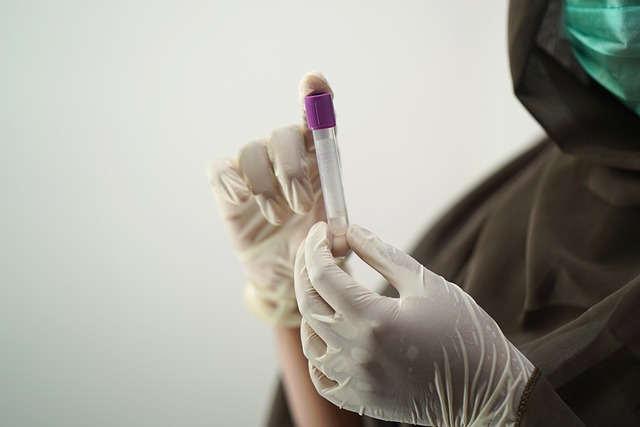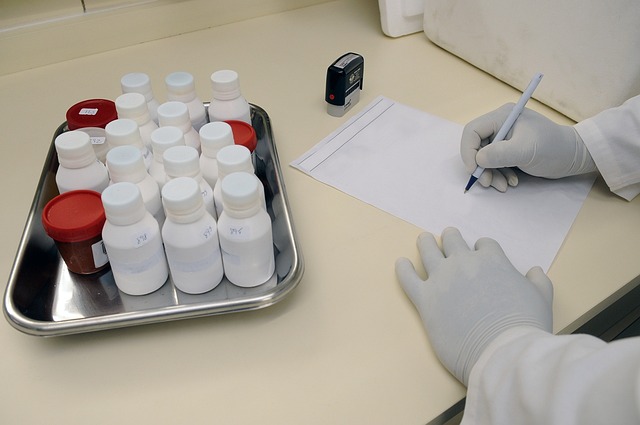In an era where technological advancements are transforming every aspect of our lives, the field diagnostics sector stands at the forefront of healthcare innovation. This new wave of field health innovations is not only reshaping how we approach disease detection and prevention but also how we empower communities to take charge of their health. The evolution of field diagnostics promises to bridge gaps in healthcare access, especially in remote and underserved areas.
One of the most significant technological innovations in field diagnostics is the advent of portable diagnostic devices. Imagine a scenario where a healthcare worker, equipped with a handheld device, can conduct tests for a range of conditions—from infectious diseases to metabolic disorders—right at the patient’s doorstep. These devices harness advanced biosensors and artificial intelligence to yield accurate results in real-time, allowing for immediate clinical decision-making. Such innovations are crucial in areas where traditional laboratory facilities are absent or access to healthcare is limited. With the ability to provide diagnostics on-site, patients experience a seamless integration of care that fosters trust and encourages proactive health management.
Moreover, telemedicine integration with field diagnostics is revolutionizing patient care. Practitioners can now connect remotely with specialists to discuss test results, offer consultations, and even adjust treatment plans. This connectivity eliminates geographical barriers, ensuring that everyone—regardless of their location—receives expert advice and support. The marriage of technology and healthcare not only enhances operational efficiency but also enriches the patient experience, putting them at the center of their own health journey.
Another crucial health innovation is the push towards democratizing health data. With secure mobile applications and cloud-based platforms, patients can access their diagnostic information and health records anytime, anywhere. This level of transparency empowers individuals to take proactive steps in understanding their health landscape. By engaging patients in their care, we foster a sense of ownership and responsibility towards their health outcomes.
Furthermore, the impact of these innovations is being felt in community health initiatives. Governments and nonprofit organizations are increasingly leveraging field diagnostics to conduct large-scale health screenings. These programs identify outbreaks early on, enabling swift responses that can save lives. The immediacy of data collection and analysis allows for targeted public health interventions, transforming our ability to manage health crises as they arise.
As we continue to embrace these technological strides, it is essential to recognize the ethical considerations tied to field diagnostics. The responsible use of data, maintaining patient confidentiality, and ensuring equitable access to these innovations are critical components that must be addressed. Stakeholders across the healthcare spectrum must work collaboratively to create regulations that support innovation while prioritizing patient safety and welfare.
In essence, the future of field health innovations lies in our hands. Through the power of technological innovations in field diagnostics, the healthcare industry is poised to create a more equitable system that provides essential services to all individuals, regardless of their geographic or socioeconomic status. By embracing these changes, we can envision a world where advanced diagnostics are not just a privilege for the few, but a fundamental right accessible to everyone, leading us towards a healthier and more informed society.




